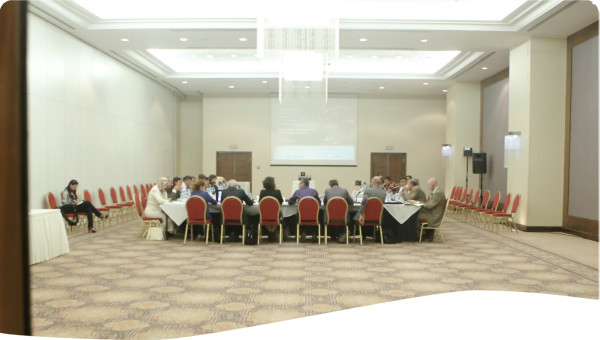Water is a scarce and finite resource with no substitute, and upon which the very existence of life on earth depends. The challenges facing water resources are daunting. The Millennium Development Goals aim, inter alia, at reducing by half, by 2015, the proportion of people without sustainable access to safe drinking water and sanitation. Although progress thus far is not encouraging, it is hoped that necessary actions will be taken to achieve this goal during the remaining period. Such actions include financial, institutional, and legal measures. Indeed, without the appropriate legal framework, the ability of the state to regulate, control, and allocate its water resources is hampered; its role in ensuring their efficient and proper use is hindered; and its right to protect those resources is challenged. This study of the regulatory frameworks for water resources management examines water legislation in sixteen jurisdictions, and highlights, in a comparative manner, the key elements needed for an effective regulatory framework.
Chapter 1 traces the relevance and importance assigned to water legislation by the different international conferences and forums, including the Mar del Plata, Dublin, and Rio, and the guidance provided by those conferences for preparing such legislation.
Chapter 2 surveys the regulatory frameworks for water resources management in sixteen jurisdictions, based on certain key elements. Those jurisdictions were selected based on the availability and accessibility of a water law, as well as on the need to represent different regions and legal systems of the world.
Chapter 3 presents a comparative analysis of these regulatory frameworks based on the same elements. The analysis examines the main similarities and differences in the approaches adopted by the jurisdictions selected.
Chapter 4 highlights essential elements that need to be addressed in any regulatory framework for water resources management, and identifies emerging trends in water legislation.
Finally, Chapter 5 underscores the relevance and importance of the regulatory framework, and specifies conditions supporting its utility and efficacy.
 Resource -
Resource -


